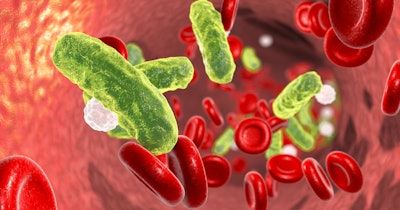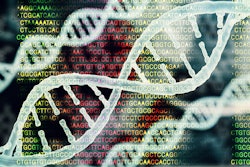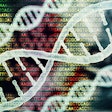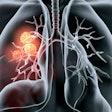
A Day Zero Diagnostics research team has unveiled a new approach to antimicrobial susceptibility testing using artificial intelligence (AI) to guide analysis.
In a presentation at ASM Microbe, the annual meeting of the American Society for Microbiology, held June 13 to June 17 in Atlanta, the team shared findings from a study of their new AI-based system.
The system, Keynome gAST (for genomic Antimicrobial Susceptibility Test), analyzes bacterial whole genomes extracted from patient blood samples, eliminating the need for culture growth.
Rather than relying on known resistance genes for analysis, as with conventional methods, the machine learning algorithms of Keynome gAST autonomously identify drivers of resistance and susceptibility based on data from a database that is continuously growing; it currently includes more than 75,000 bacterial genomes and 800,000 susceptibility test results (there were 48,000 bacterial genomes and 450,000 susceptibility test results in the database at the time of the study).
“The result is a first-of-its-kind demonstration of comprehensive and high-accuracy antimicrobial susceptibility and resistance predictions on direct-from-blood clinical samples,” said Jason Wittenbach, PhD, director of data science at Day Zero and lead author on the study. “This represents a critical demonstration of the feasibility of rapid machine learning-based diagnostics for antimicrobial resistance that could revolutionize treatment, reduce hospital stays and save lives.”
The interim findings presented at ASM Microbe were based on studies performed in four Boston-area hospitals. While the Day Zero team noted that further research is needed, acknowledging the size of the group as a limitation, they said that the findings contribute to significant advancements in patient outcomes amid the rising threat of antimicrobial resistance and the need for rapid diagnosis and treatment of sepsis.
Funding for the research was provided in part by the Combating Antibiotic-Resistant Bacteria Biopharmaceutical Accelerator (CARB-X), a nonprofit partnership promoting research and development to combat the global threat of drug-resistant bacteria.



















